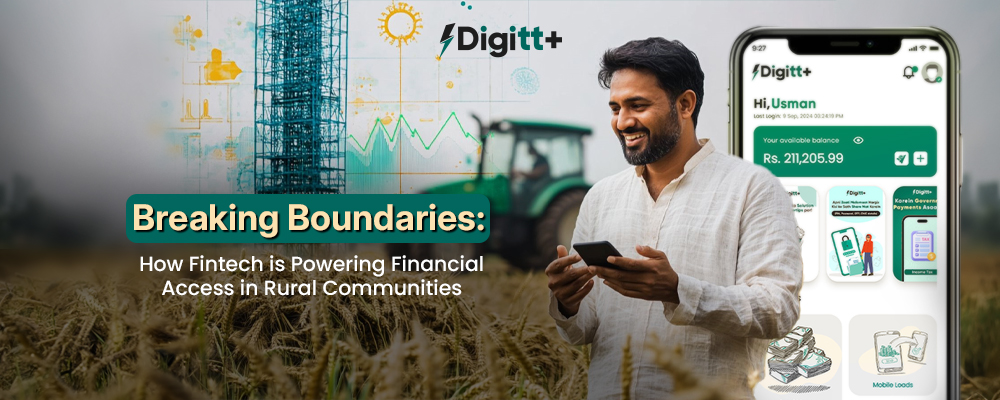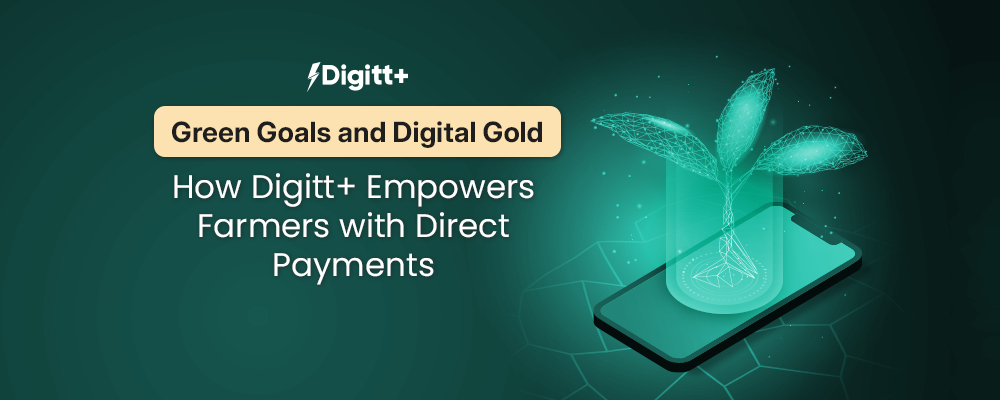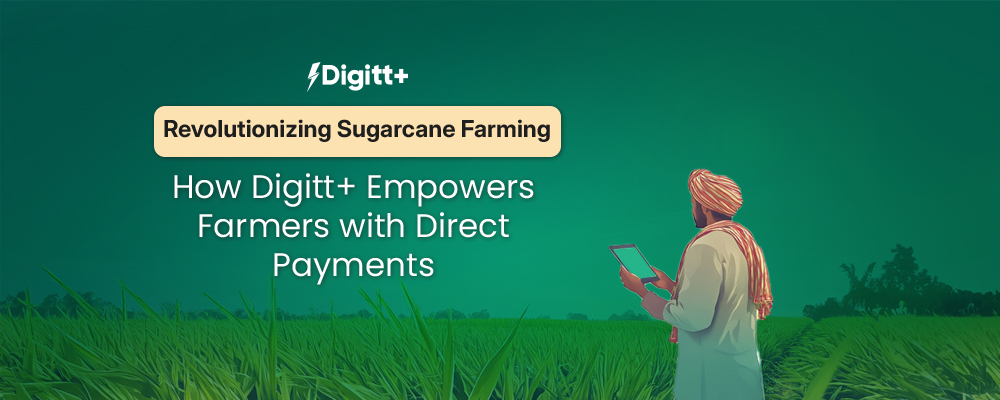Across rural regions worldwide, people face ongoing challenges in accessing basic financial services, things as simple as opening a bank account or applying for a small loan. Traditional banks and financial institutions often lack the infrastructure to serve these areas, leaving millions disconnected from the global economy. However, thanks to the rise in fintechs, this is beginning to change.
Understanding the Rural Financial Divide
Many rural areas face unique financial constraints. A limited number of bank branches, slow internet, and steep transaction fees make it tough for people to manage their finances. These hurdles don’t just impact individuals; they hold back entire communities from economic growth.
For example, farmers in these areas often need quick access to small loans to buy seeds or equipment. But without a formal credit history or local bank, securing this funding can feel impossible. Entrepreneurs and small businesses face similar barriers to growth.
How Fintech is Bridging the Gap
Fintech companies are stepping in with innovative solutions designed specifically for rural settings. From mobile payments to microloans, here’s how fintech is making a difference:
1. Mobile Banking and Payments: Mobile-first banking apps and SMS services let people open accounts, send money, and make payments without needing a physical branch. This is a game-changer for remote communities.
2. Microloans and Digital Lending: Fintech lenders are leveraging nontraditional data sources to assess creditworthiness, meaning people without credit scores can still access small loans. For rural borrowers, this can be life-changing.
3. Insurance Solutions: Digital insurance products tailored for rural farmers offer financial protection against unpredictable events like floods or droughts. This safety net helps secure incomes in vulnerable areas.
4. Blockchain for Transparency and Security: Blockchain technology ensures transactions are transparent and secure. This is especially helpful in rural economies where people may be wary of traditional banks.
Real-World Impact
Fintech is already creating tangible results in countries across Africa and Asia. Platforms like M-Pesa in Kenya enable transactions even without internet access, allowing rural populations to pay bills and receive payments through mobile phones. In India, similar platforms are connecting farmers to markets and helping them build financial stability.
Digitt+: Our Role in Financial Inclusion
At Digitt+, we’re proud to play a role in expanding financial access for rural communities. By offering mobile-friendly services and collaborating with local institutions, we’re opening doors to economic growth for farmers and small businesses alike. With our easy-to-use platform, Digitt+ provides digital wallets, seamless payment options, and credit access for those who need it most. Together, we’re building a more inclusive financial landscape—one rural community at a time.




